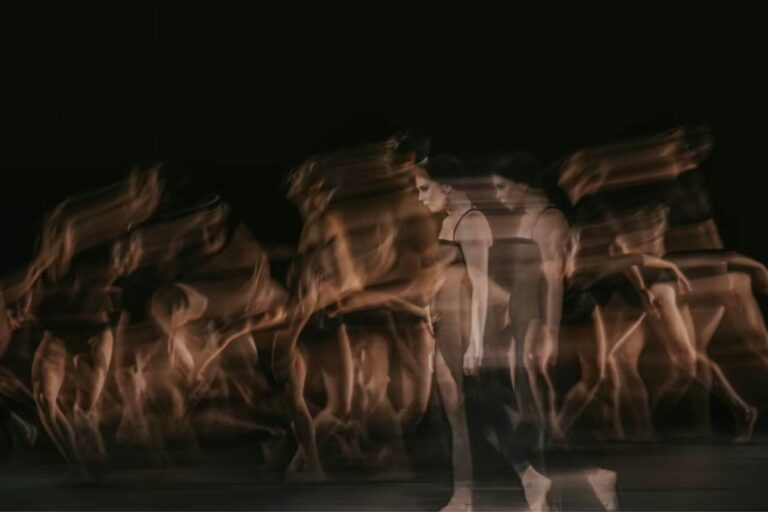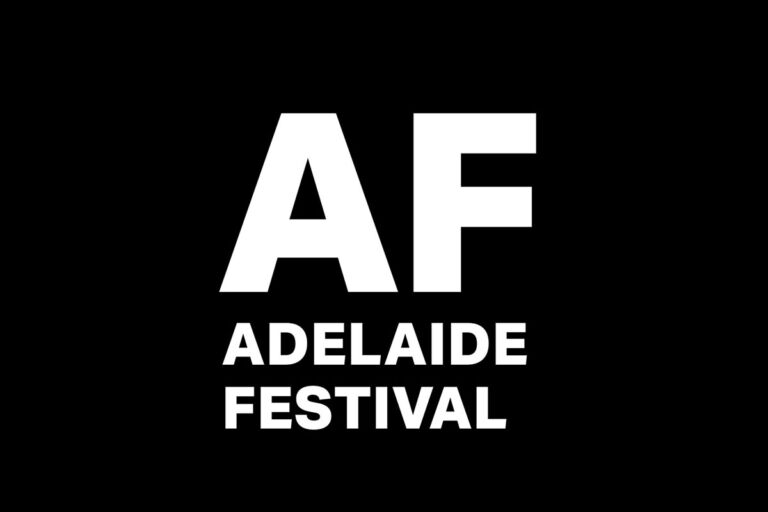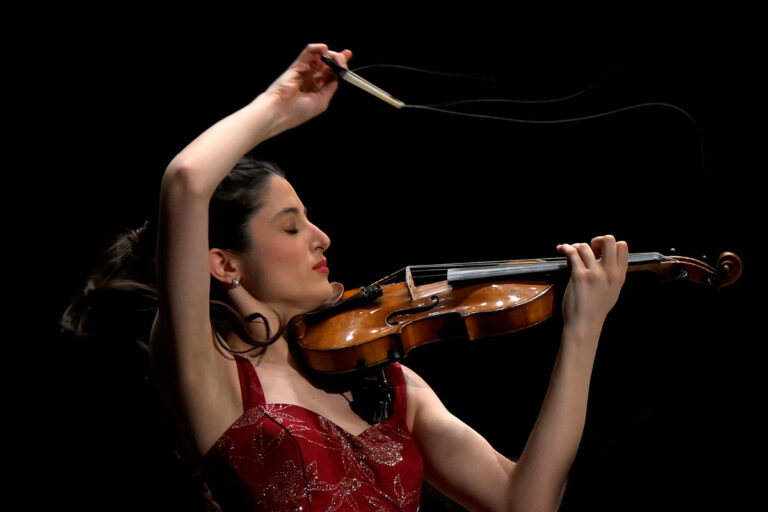What makes one performer charismatic and another dull? When Michael Collins speaks through the clarinet, everyone’s ears prick up. Purpose, meaning and drama shine through every phrase.
His chameleonic shifting tone and precise articulation flies from sweet to spiky to soulful in the blink of an eye. Like the finest of actors, Collins embodies the emotional theatre in Bartók, Poulenc and Copland’s music.

Michael Collins. Photo © Jack Lewis Williams
In 1938, Goodman commissioned Bartók to write a chamber work for clarinet. Significantly, the composer agreed because he had never enshrined a wind instrument in a chamber work before. Sadly, the resulting dramatic and folk-infused Contrasts for Violin, Clarinet and Piano is rarely performed.
Collins, Adam Barnett-Hart (violin) and pianist Joseph Havlat give a cinematic account emphatically defining the emotional shifts, dynamic extremes and different textures. In the first movement the trio probes the dark narrative. Havlat’s ascending glissandi hurts to watch; they are so uncompromising in execution. The middle movement’s sorrowful mood has authenticity and the pulse-racing whirlwind of swirled figuration and rhythmic impetus in the third scorches the stage.
Poulenc’s Sonata for Clarinet and Piano has been given a makeover in...
Continue reading
Get unlimited digital access from $4 per month
Already a subscriber?
Log in










Comments
Log in to start the conversation.